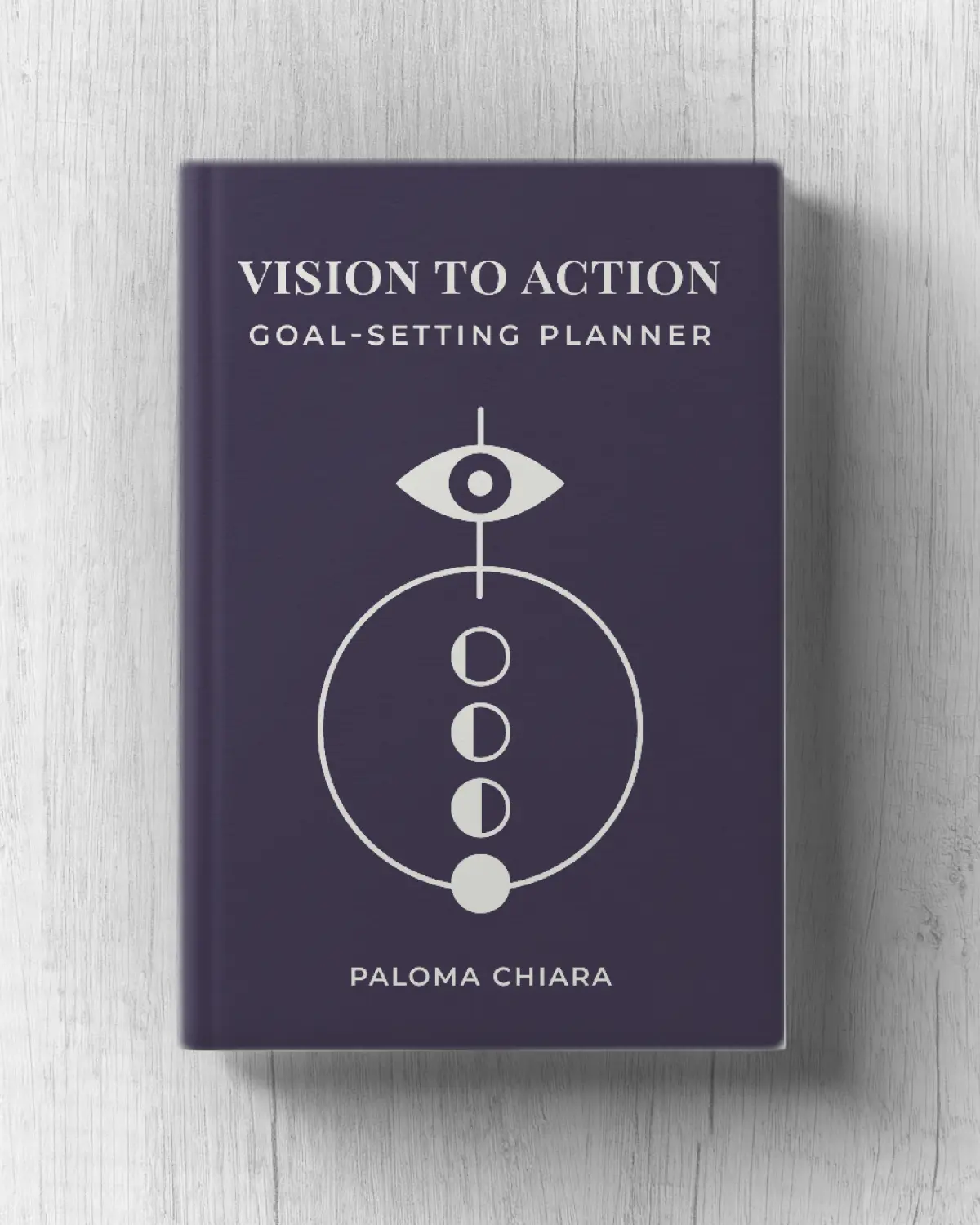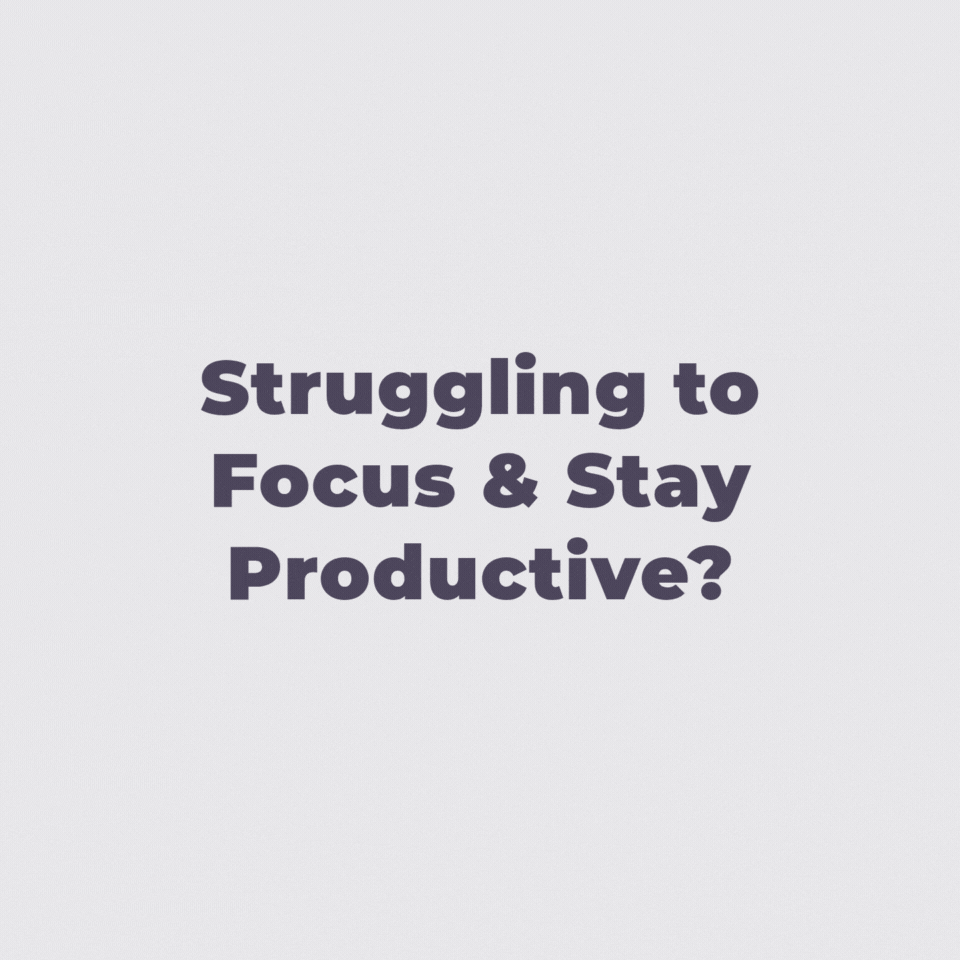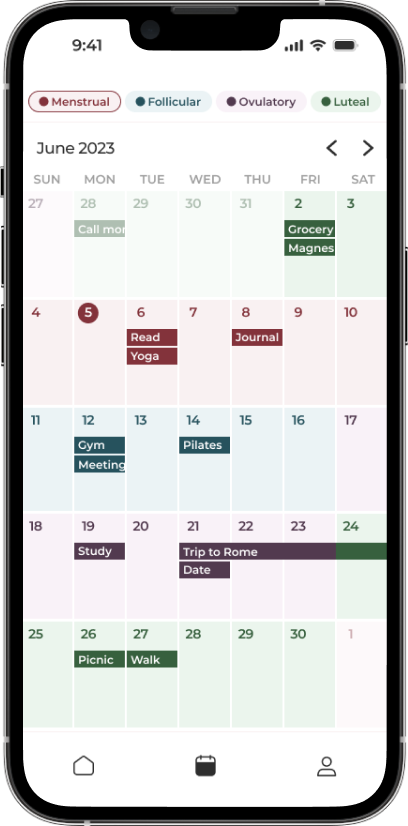Life Coaching for Decision-Making Skills

Decision-making is an intrinsic part of our daily lives, influencing both our personal and professional trajectories. The ability to make effective decisions is a valuable skill that can significantly impact our well-being and success. However, decision-making is not a one-size-fits-all process; it requires a diverse set of skills and strategies. In this article, we will explore the various types of decision-making skills, how to cultivate them, and the role of a life coach in providing guidance and support in developing these essential skills.
The Different Types of Decision-Making Skills
Effective decision-making encompasses a range of skills and abilities. Understanding these various facets is key to making informed and strategic choices:
1. Analytical Skills
Analytical skills involve the ability to gather, process, and evaluate information objectively. These skills are crucial for assessing the pros and cons of a decision.
2. Critical Thinking
Critical thinking is the capacity to analyze information and arguments critically. It involves questioning assumptions, recognizing biases, and making sound judgments.
3. Problem-Solving
Problem-solving skills enable individuals to identify challenges, generate solutions, and implement effective strategies to address them.
4. Risk Assessment
Evaluating risks is an essential part of decision-making. It involves weighing potential consequences and the likelihood of various outcomes.
5. Emotional Intelligence
Emotional intelligence includes recognizing and managing emotions in oneself and others. It’s crucial for making decisions that consider the feelings and well-being of all parties involved.

Check out the Vision to Action Planner for only 6$
More info6. Intuition
Intuition is a more instinctual form of decision-making. It relies on gut feelings and personal insights.
7. Communication Skills
Communication skills are vital for sharing decisions effectively with others and gathering input and feedback.
8. Time Management
Time management skills help individuals allocate sufficient time to make informed decisions without feeling rushed or overwhelmed.
How to Achieve Effective Decision-Making Skills
Cultivating effective decision-making skills is an ongoing process that involves self-awareness, practice, and continuous learning. Here are steps to help you achieve and enhance these skills:
1. Self-Reflection
Start by understanding your decision-making tendencies and areas that need improvement. Reflect on past decisions, their outcomes, and the factors that influenced them.
2. Learn from Experience
Embrace both successes and failures as valuable learning opportunities. Analyze what worked and what didn’t in past decisions.
3. Stay Informed
Gather relevant information and stay updated on the subjects related to your decisions. Research and knowledge are key components of informed choices.
4. Seek Diverse Perspectives
Encourage input and feedback from others. Different perspectives can shed light on aspects you might have overlooked.
5. Practice Critical Thinking
Challenge your assumptions and biases. Engage in critical thinking exercises to enhance your ability to analyze situations objectively.
6. Develop Problem-Solving Skills
Practice problem-solving exercises and strategies to sharpen your ability to address challenges effectively.
7. Manage Emotions
Learn to recognize and manage your emotions during the decision-making process. Techniques like mindfulness and emotional regulation can be beneficial.
8. Trust Your Intuition
While analytical skills are essential, trust your intuition when appropriate. Sometimes, gut feelings can provide valuable insights.
9. Time Management
Allocate sufficient time to make important decisions. Rushed decisions are more likely to be flawed.
How a Life Coach Provides Help in Achieving Decision-Making Skills
Life coaches are skilled professionals who can provide valuable guidance and support in developing effective decision-making skills. Here’s how a life coach can assist you on your journey to becoming a more proficient decision-maker:
1. Clarifying Goals and Values
Coaches help you clarify your goals and values, ensuring that your decisions align with your core beliefs and priorities.
2. Identifying Barriers
Life coaches work with you to identify any obstacles or thought patterns that may hinder your decision-making process.
3. Boosting Confidence
Coaches help you build self-confidence and trust in your decision-making abilities. They provide validation and encouragement.
4. Objective Analysis
Coaches offer an objective perspective and help you analyze situations and decisions without emotional bias.
5. Accountability
Coaches hold you accountable for the decisions you make and the actions you take, ensuring you follow through on your choices.
6. Goal-Oriented Decision-Making
Coaches assist you in aligning your decisions with your overarching life goals, ensuring that each choice contributes to your desired outcomes.
7. Communication Skills
Coaches help you develop effective communication skills to convey your decisions clearly and persuasively.
8. Emotional Intelligence
Coaches work with you to enhance your emotional intelligence, allowing you to navigate emotionally charged decisions with greater ease.
9. Creating Action Plans
Coaches assist you in creating actionable plans and strategies for implementing decisions effectively.
Quiz: What Is Blocking Your Success?
This quick quiz will help you figure out which mental or behavioral pattern might be holding you back from achieving your full potential. Identifying your specific success blocker is the first step toward breaking through to new levels of achievement and fulfillment.
Read each question and choose the answer that feels most true to your situation.
No email or payment is required to complete the quiz and receive your personalized insights.
Once you have your primary success blocker, you have clarity about what’s been holding you back. This awareness is powerful—many people spend years struggling without understanding the specific pattern that’s limiting their progress.
Remember, these patterns aren’t permanent character traits but rather habitual ways of thinking and behaving that can be changed with the right guidance and practice.
If you’re ready to break through your specific blocker and achieve the success you know you’re capable of, send me an email to try out a coaching session. Your breakthrough awaits!
Still waiting for the 'perfect time'?
Email me what you'd do if you stopped making excuses. We'll work backwards from there.
Let's startRecent posts
-
The Complete Guide to Becoming a High Achiever
Read blog -
How To Make a Positive Impact in Your Community
Read blog -
What Is the “Winter Arc” Challenge?
Read blog -
What Is "the Great Lock-In" and Should You Try It?
Read blog -
What Are the 75 Hard and Soft Challenges?
Read blog -
How to Validate Yourself
Read blog

The App Made To Sync Your Lifestyle to Your Menstrual Cycle.
A solution for women who are looking to keep track of what they sync to their cycles, such as fitness, diet, etc. by adding it to a calendar that also predict their phases.
Learn more





Comment